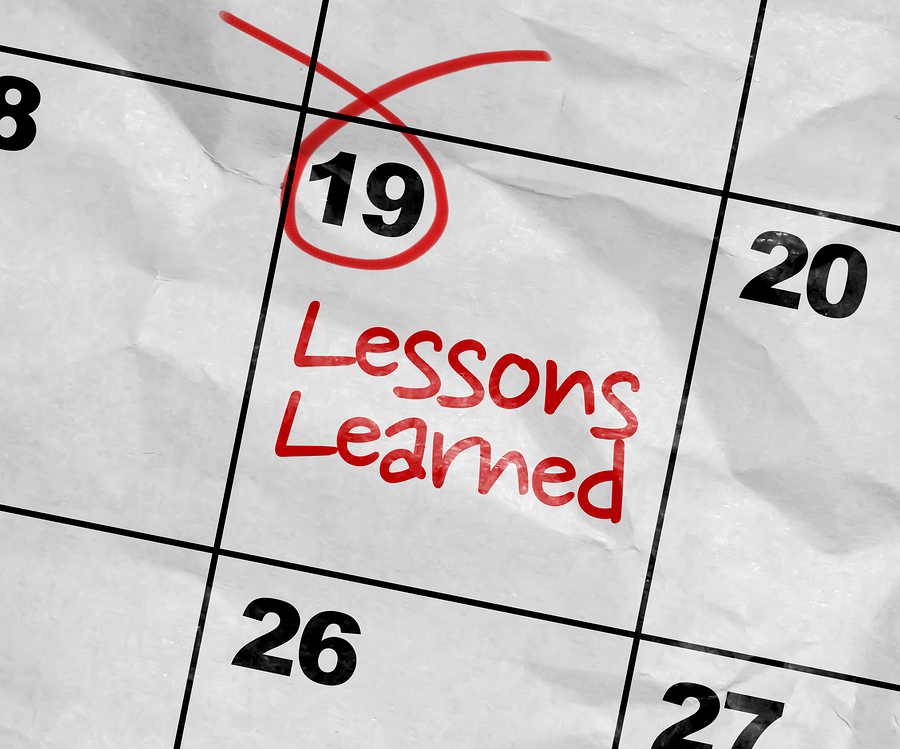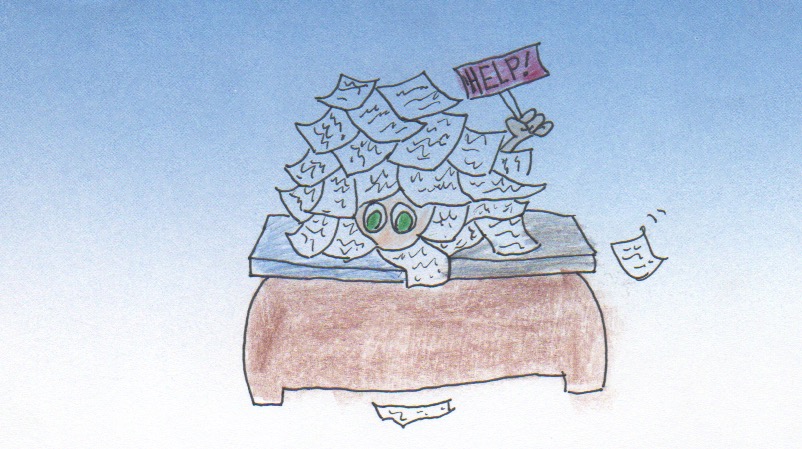Periodically we try to show you some of the more unusual things we receive, unsolicited, by our agency. These are by no means all of them (not exhaustive…just exhausting). Just a few to help those who read this blog avoid the same mistakes.
Disclaimer: We do not suggest that any of these writers are insincere. In fact it is evident they believe in what they are presenting. But at the same time it is instructive to get a peek at what an agent receives.
A letter addressed to The Steve White Agency. “Dear Mr. White”
??? Who?
An envelope with a handwritten note on one piece of paper with the words, “Is Donald Trump a Troll? The answer is in my book, a brief excerpt is enclosed.”
Nothing was enclosed.
An envelope with one thing in it. A business card that reads “Go to Amazon or Barnes & Noble and type in (last name). My book (title of book) will come up. Download for $0.99 or read a chapter for free.” Nothing else in the envelope.
I’m guessing that the author wants me to read the free chapter?
An email proposal with a cover note that reads, “I am sure you get a lot of proposals, but this one is worth your time to read.”
But the author claims they looked at what we agents want and then sent us something we specifically say we do not represent. Then says they followed our guidelines for submission but didn’t follow one of them. And then claims the Holy Spirit told them to write it and gave them the words. They must not have read what I wrote a while back “God Gave Me This Blog Post.”
A “Complete Tattooing Handbook”
No indication if there is a chapter in the handbook for the Christian person who wants a tattoo… In other words, the author didn’t even try to match their pitch to the agencies they contacted.
A query email where the writer did not want to share the book’s premise. But instead provided a web address to a blog where we were supposed to examine the content and decide if we were interested.
No thank you. I don’t know if yours is a “safe” site to visit.
A query letter with a first paragraph that says in part: “Please, give me a chance, I promise my book will not disappoint you, but this is all I have in life, my family is struggling, I am their only hope, I can’t let them down, I have failed them before, but promised them now, to never again.”
Oh my. This appeal is over-the-top emotional. Unfortunately the book wasn’t very well written.
A pitch for a novel that “gives a deep look into the mind of a serial philanderer, showing the human side of the man willing to help women cheat on their spouse.”
Not sure how deep I want to look into that mind.
A proposal for a novel. Length? 498,000 words.
That is longer than the entire Lord of the Rings trilogy, combined.
Author explains they have tried to shop the manuscript before but “interest in the manuscript was often undermined by one of the main characters who is childish, churlish, anti-well, everything, homosexual, and ephebophile.”
Unfortunately I had to look up the word. It made me shudder.
At the end of the email query a note to “publishing agents; I am sending you the first page of my latest book. If you would like to read the rest of it, please respond to this email with your contact information. I will send you the finished book. Then we can schedule a meeting.”
One page is not enough. And without a proposal we know nothing about the book itself.
A proposal with a pseudonym – Justas Iam
Clever. But too clever.
A sentence in the last paragraph of a two page email submission (by the way, the email was also cc’d to Barack Obama): “If you throw this in the trash, that will probably be the end of a book that could of been.”
A full manuscript attached to a query email. The manuscript was formatted in an 18 point bold Ariel font. If printed it would have chewed up 1,450 pages.
To be fair, the author may be visually impaired and has Word set up with a default giant print font. But the mistake is not to format the proposal for the rest of the world to read. The standard is 12pt Times Roman. So glad we didn’t click “print.” Another plus is that the author did not paste the entire book into the body of the email. (This has happened twice in the past month.)
A query letter claiming that their book was “expired to help believers understand…”
Not inspired. Expired.
In an attempt to show how the author’s book is better than others already published on a theological topic, the writer exclaimed, “Christian authors respond either with dull tomes that put readers to sleep or with mind-numbing platitudes for the choir.”
Unfortunately one of the authors referred to is a client of mine.
A non-fiction book claiming that Abraham Lincoln was assassinated by Jesuits.
And Steve Jobs was poisoned by the F.B.I. But you knew that already…
There you have it.
Typos
Inappropriate content
Arrogance
Odd ideas
You get the picture? Take the time to research the agent you are going to contact. Try, and I mean really try, to ascertain who is the best fit for your work.
Typos are a thorn we all endure. Just read some of my blog posts! But when approaching an agency at least spell the company name correctly.
There is never a need to invoke the Holy Spirit or God as if it makes your proposal somehow better. We assume you have been led to write your book.
Be respectful of those already in the market. Yours may be better. But denigrating another is not the way to gain ascendancy.
If there is ever a new paraphrase of Ecclesiastes 12:12 it might warrant an additional sentence, “Of the making of queries there is no end.”












